

Bram is my party’s tank. He is a fully-fledged Magni warrior, the savior of our village, and a damage-absorbing badass. His reputation doesn’t last long. Upon returning from battle, he spins in a few circles, then crouches down. “Come here, Sheep,” he says to a chicken. This is pretty awkward for me and the village elders, but it’s most confusing for the chicken. The chicken doesn’t say anything, which is probably the right idea. Staying in his crouch, Bram begins to levitate sideways off-screen, shuddering down the hillside on one knee.
Bram’s sudden bout of derangement was the most interesting bug I came across in Kyn, a Norse-mythology focused strategy RPG, but it was by no means the only one. Several quests featured weird, out-of-place dialog or late script triggers or enemies failing to notice me. The game hung and crashed during loads often enough that I stopped noticing. The bugs are just a symptom, though, of a game trying to do too much at once. Kyn is full of wide-ranging ideas that fail to execute in meaningful ways.
Warriors in the world of Kyn must pass a grueling test, after which they’ll be granted magical powers. Bram and Alrik, two newly minted Magni warriors, return from their ordeal to find a world in chaos. Humans coexist with a friendly, if inscrutable, elf-like race known as the Aeshir. Sometime during the months-long trial, the Aeshir have become enraged and violent, ransacking towns all over the region. Bram and Alrik set out to help protect people, recruit friends, and sort out why the Aeshir have turned against their neighbors.
As a party management game with real-time combat, Kyn is pretty solid. Each character can equip two skills and a stronger, artifact-based power. With three special moves each (a limitation that was probably put in place to make managing a six-character party even kind of possible), most of a party’s power comes from the basic skills and equipment loadout. Fortunately, there’s a huge array of modified, poisoned, and enchanted weapons for the party to equip. In the field, pausing time to issue orders during combat gives a variety of ways to kick ass, and animations and effects are satisfying and solid. I had a great time leading my party into combat and bouncing multiple characters’ skills off each other to cut a path through enemies. I wish I spent less time killing skeletons and wolves, sure, but at least I’m having fun.
It’s too bad that the game can’t be all combat, all the time, because the failure of Kyn is that it is a very thin RPG. Party characters sometimes talk to each other about ethical quandaries or strategic choices, but those decisions were rarely under my direct control. There’s a huge gameworld here, but it’s broken up into a series of linear mission maps. I never got to choose where in the world to go, and there’s never an opportunity to change the big-picture flow of the narrative.
Even stranger, Kyn lacks real character progression. Character points can be spent on mind, body, and control; basically: strength, intelligence, and agility. The more points spent in body, for example, the more more a character deals out melee damage and wears heavy armor. Points can be reallocated at any time for no penalty, though, so on a whim I can pause and respec my berserker tank into a nimble archer. If I timed it right, Bram The Brawny Idiot could use a warhammer to slap a baddie into next week, pause, respec, and then Bram The Genius Wizard could fling a firestorm on the next bad guy.
The more I played of Kyn, the less it reminded me of story-driven RPGs like Pillars of Eternity and the more it reminded me of loot-and-combat RPGs like Diablo. Without a persistent world to explore and branching story paths, maybe it’s best to look at Kyn through that lens. But even as an aRPG, Kyn doesn’t explore the character growth that makes that genre special.
The main hub city of Vinborg is a ghost town, and I rarely went beyond the marketplace. There I discovered the frustration of Kyn’s crafting system. Visiting the smith let me peruse his crafting recipes, but any ingredients I didn’t pick up as loot had to be bought from another vendor. I eventually grabbed a physical notebook and jotted down ingredients I needed, then walked across the market to a second merchant and picked through her stocks.
This setup is already pretty tedious, but the ingredient merchant organizes her wares like an episode of Hoarders. Amber is categorized under “Fire,” Eye of Dragon is categorized under “Wind.” Stone and Copper, instead of being under “Earth,” are under “Basic.” Ingredients aren’t even sorted alphabetically or by price, but by a more complicated system understood by madmen.
As a story RPG, Kyn can’t weave a legend or create a world. As an action RPG, it doesn’t have a rewarding leveling or crafting system to help me make characters my own. All of the pieces are here, but Kyn held me at a distance, refusing to let me engage. The good parts of the game, like combat and party management, aren’t good enough to overlook the frequent scripting bugs and crashes during loading screens. Looking back on my hours in Kyn, I can’t identify a single choice—I should have let the prisoner die! I shouldn’t have stolen that scroll!—that I might have made differently. Even though moment-to-moment combat is pretty good, there’s no role to play here.
THE VERDICT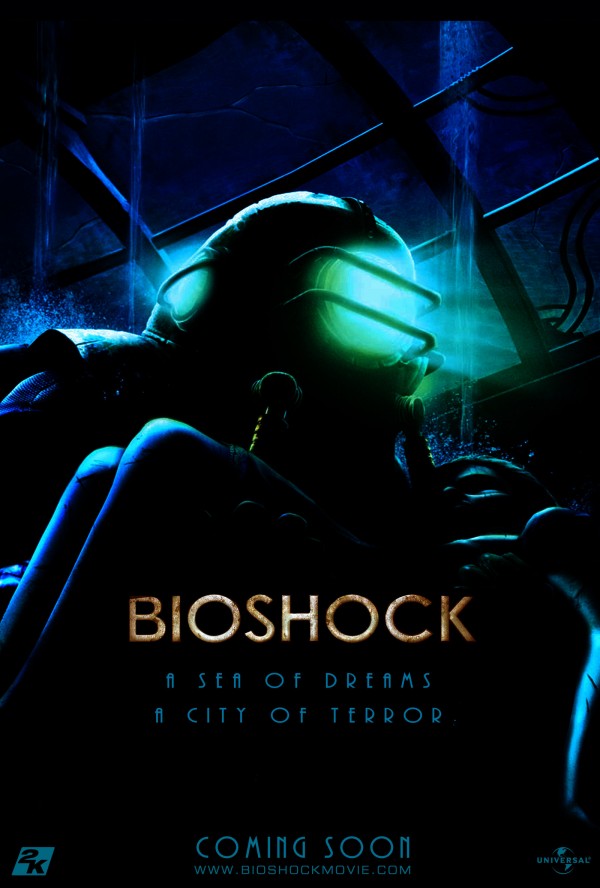
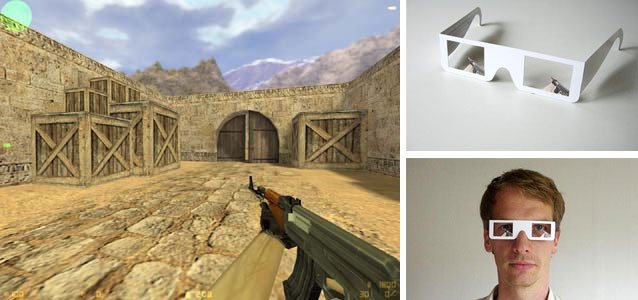
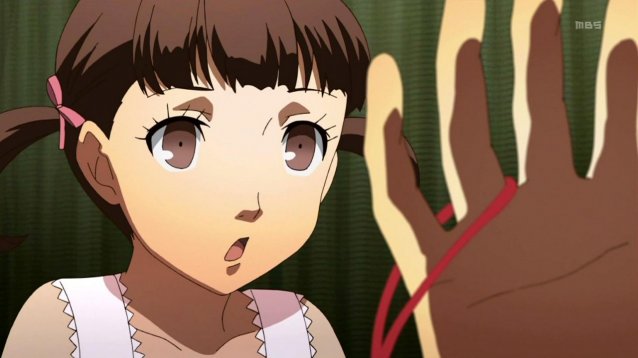

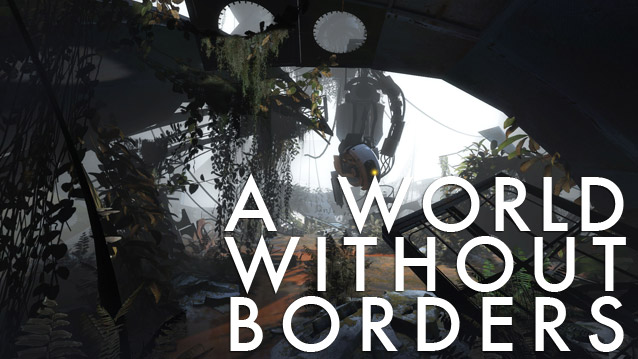 A World Without Borders
A World Without Borders Sid Meier's Starships Guide: How to Pick the Right Leader
Sid Meier's Starships Guide: How to Pick the Right Leader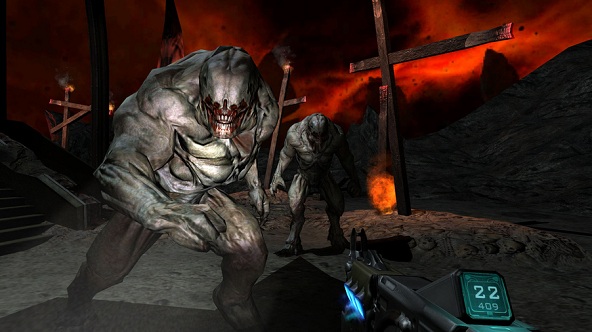 Doom 3: BFG Edition Walkthrough
Doom 3: BFG Edition Walkthrough The Best Body Weight Exercise Apps for Fitness Anywhere
The Best Body Weight Exercise Apps for Fitness Anywhere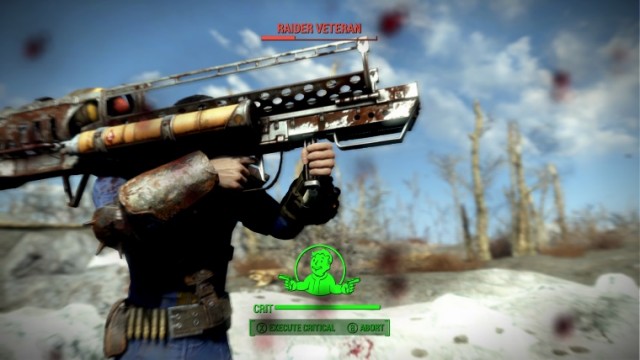 How And Where To Find Fatman Mini Nuke Launcher In Fallout 4
How And Where To Find Fatman Mini Nuke Launcher In Fallout 4